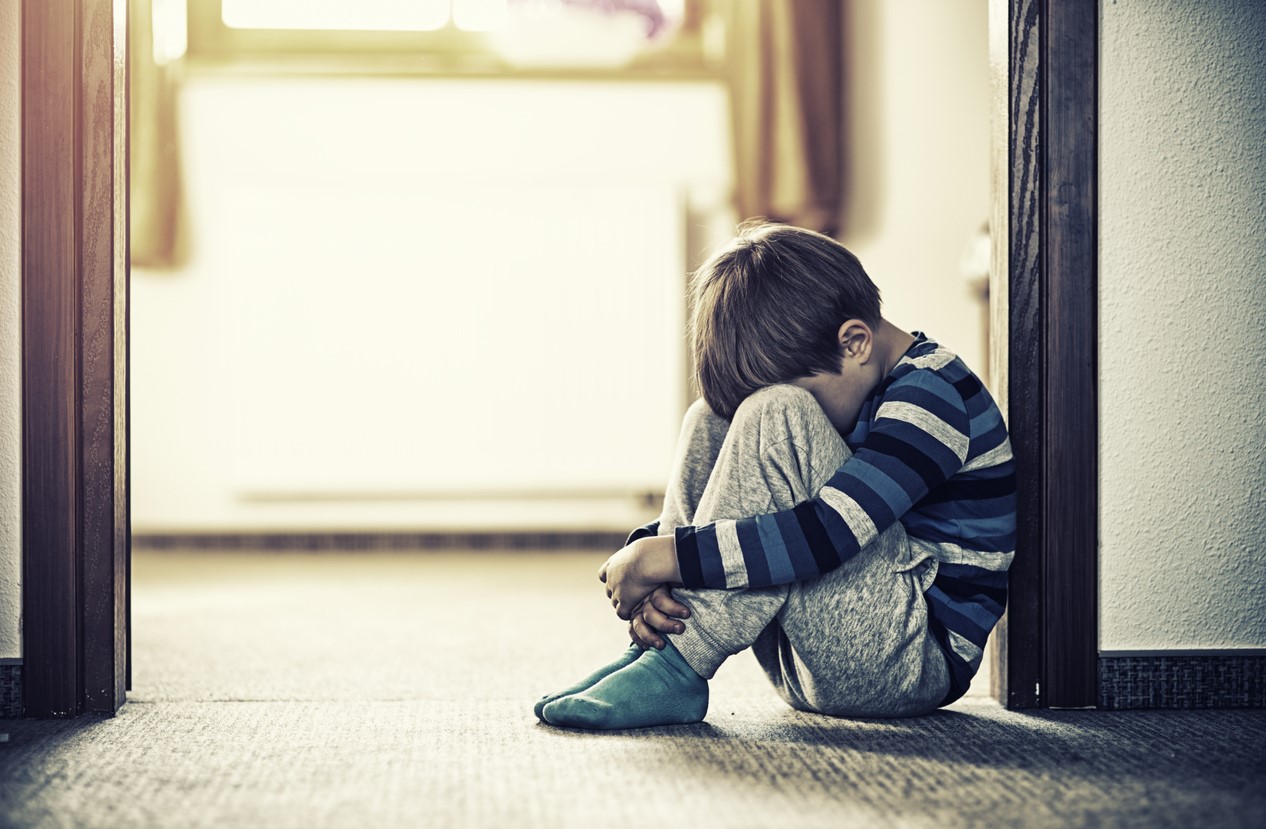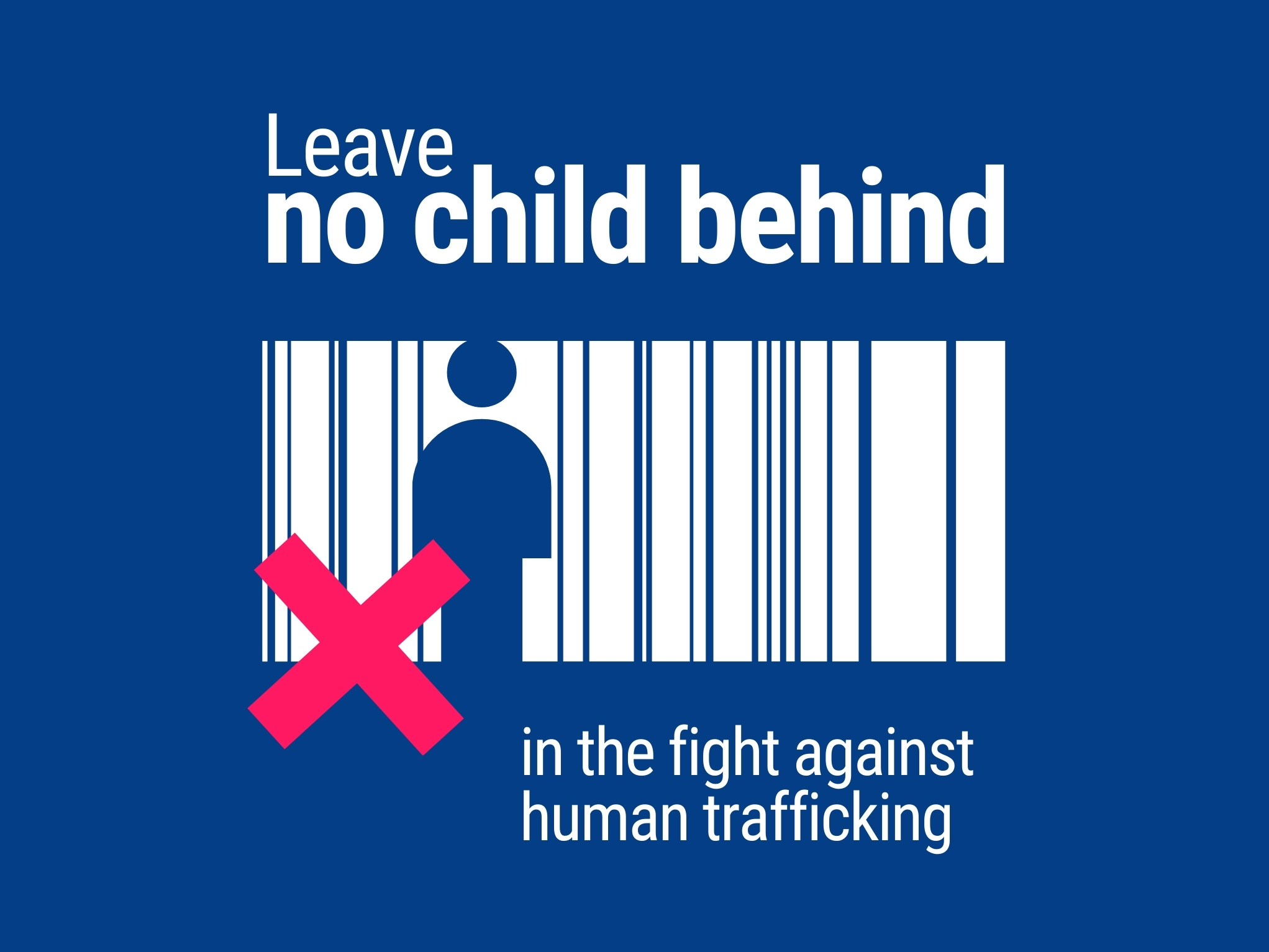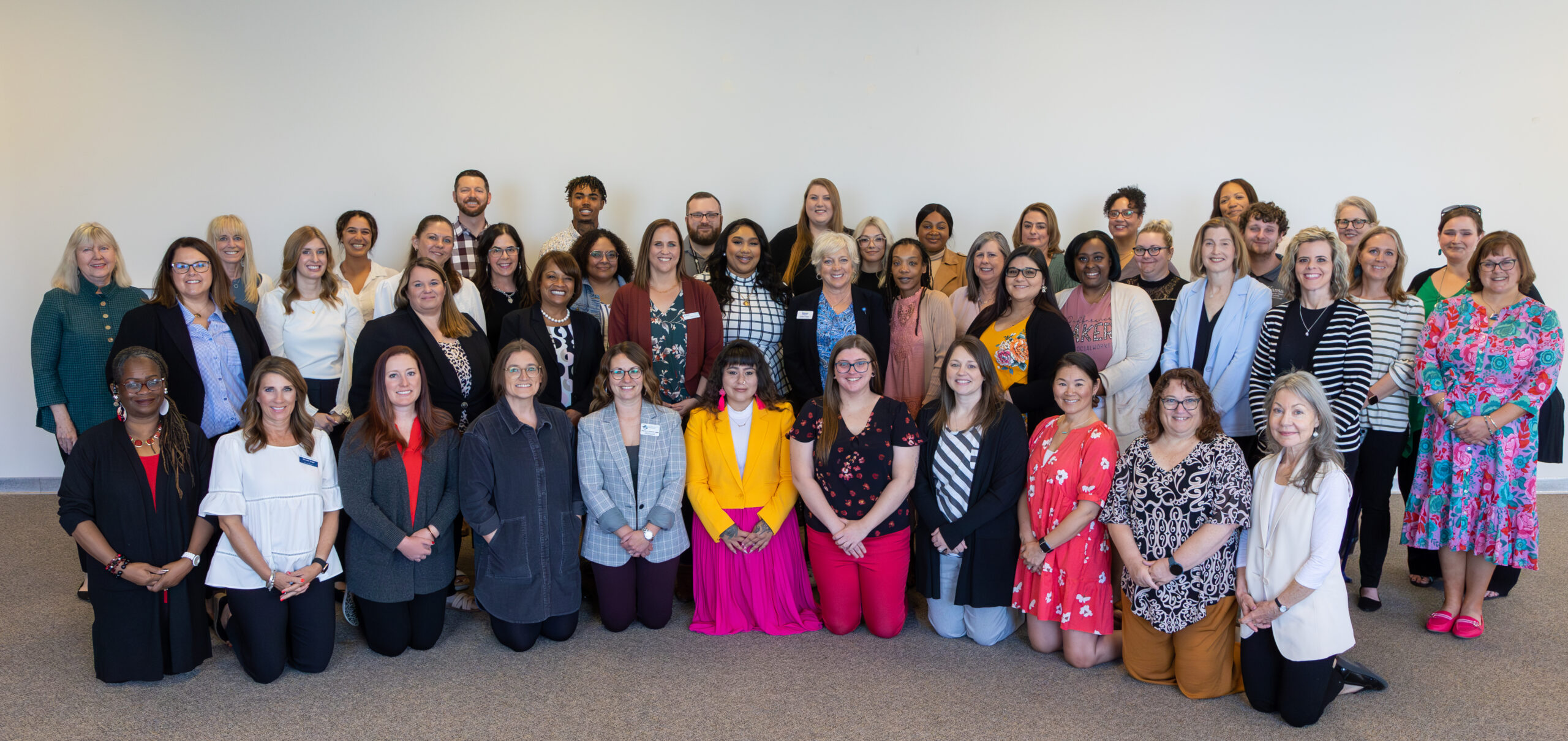Staying home during the COVID-19 crisis is supposed to be a safety measure that protects our community, ourselves, and our children from further spread of the coronavirus. Unfortunately, for many children, home is anything but a haven. April is Child Abuse Prevention Month, set aside to raise awareness about child abuse and to promote the physical and emotional well‐being of children and families in safe, stable, and nurturing environments. That responsibility has become even more acute during this pandemic when so many families are home alone together, isolated and often invisible to their neighbors.
“This is a particularly dangerous time because many of the ‘respite’ options, such as school and work, are not available to parents and children,” says Pamela Cornwell, Saint Francis Ministries’ clinical director. “This can create tension and pressure in the home. So, it’s important during this time for us all to remain vigilant and to reach out to anyone we might have concerns about.”
Approximately 678,000 children were found to be victims of child abuse or neglect in the U.S. last year. Children are most often abused or neglected in families dealing with serious stressors that can include poverty, unemployment, and substance use. As employers lay off parents or send them home to work, schools and daycare centers are also closing. Although necessary, school closures remove one of a child’s safe spaces, where they get temporary respite from abuse and receive a healthy meal. Teachers are usually the first to notice signs of abuse or neglect and report them to the authorities.
In at-risk families, social isolation and economic uncertainty add to an already stressful situation, increasing the threat of abuse and neglect to children in the home, along with other forms of domestic violence. We, as a community, have a responsibility to look out for the vulnerable among us. That can be especially difficult when quarantine or social distancing forces us physically apart. Still, Cornwell says there are actions we can take if we suspect a family is overwhelmed and struggling:
- Reach out by phone or social media. Go check on them. Let them know you care. Offer to help with errands or babysitting. Bake them a casserole or a batch of cookies. Anything you can do to help relieve stress within the family will help lessen the risk of abuse or neglect for children in the home.
- If you can do so safely, organize a play date at your house with your own kids. Keep the number low and limit it to an hour or two. This gives parents some space and allows the children respite from the stress at home.
- Refer them to the National Parent Hotline (1-800-427-2736), which provides free counseling and resources to parents 24/7.
- Be vigilant. You might be the only hope for an abused child. Call the National Child Abuse Hotline (1-800-4-A-CHILD) to report suspected abuse. The hotline offers crisis intervention, information, and referrals to thousands of emergency, social service, and support resources. All calls are confidential.
- Follow Saint Francis Ministries on Facebook and other social media throughout Child Abuse Prevention Month for information and suggestions about how to raise awareness and help protect children from mistreatment.
“It’s going to be especially challenging for us during this crisis to know when families are stressed or children are mistreated because families in which it occurs tend to not be socially visible anyway,” says Cornwell. “It’s going to take a concerted effort by people close to them to intentionally reach out and offer support Don’t wait for them to ask.”
Shane Schneider is the Senior Copywriter for Saint Francis Ministries





